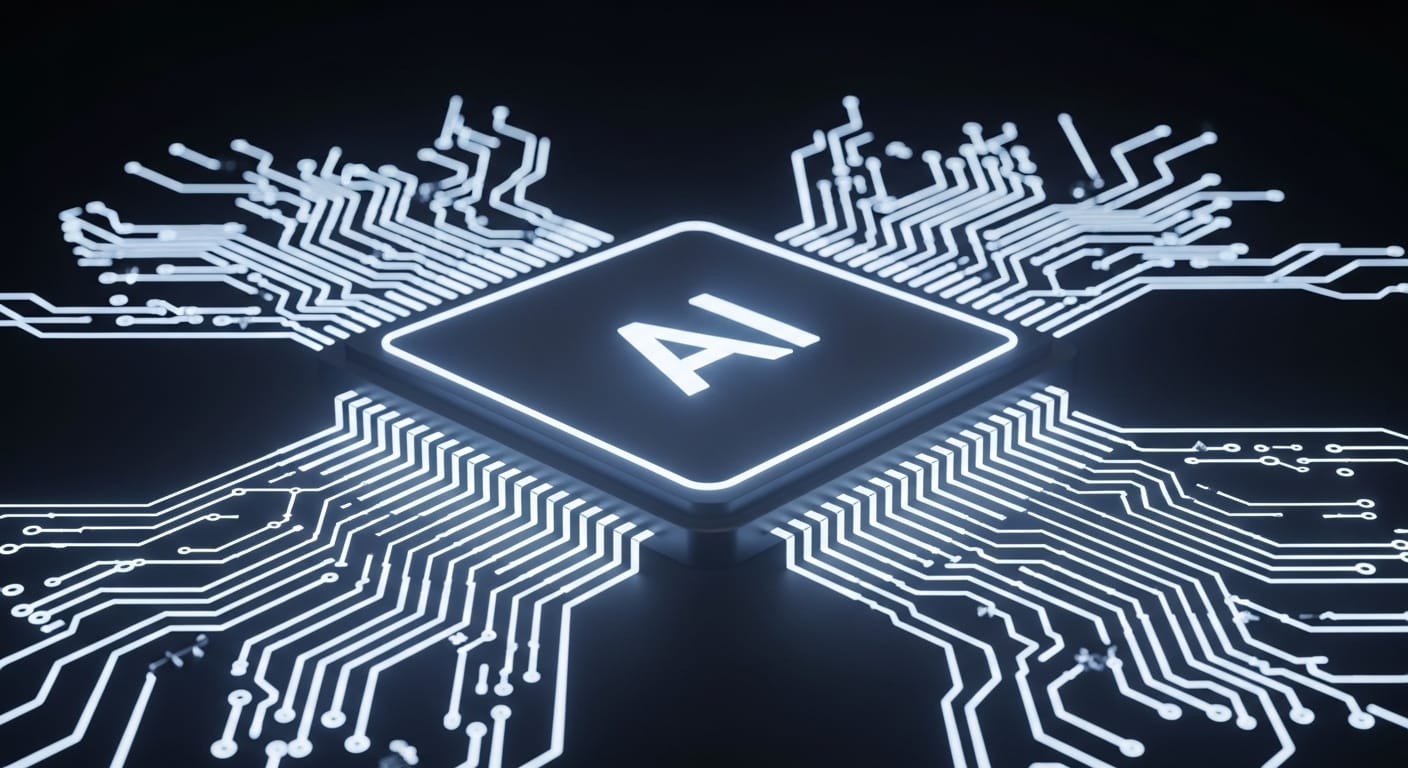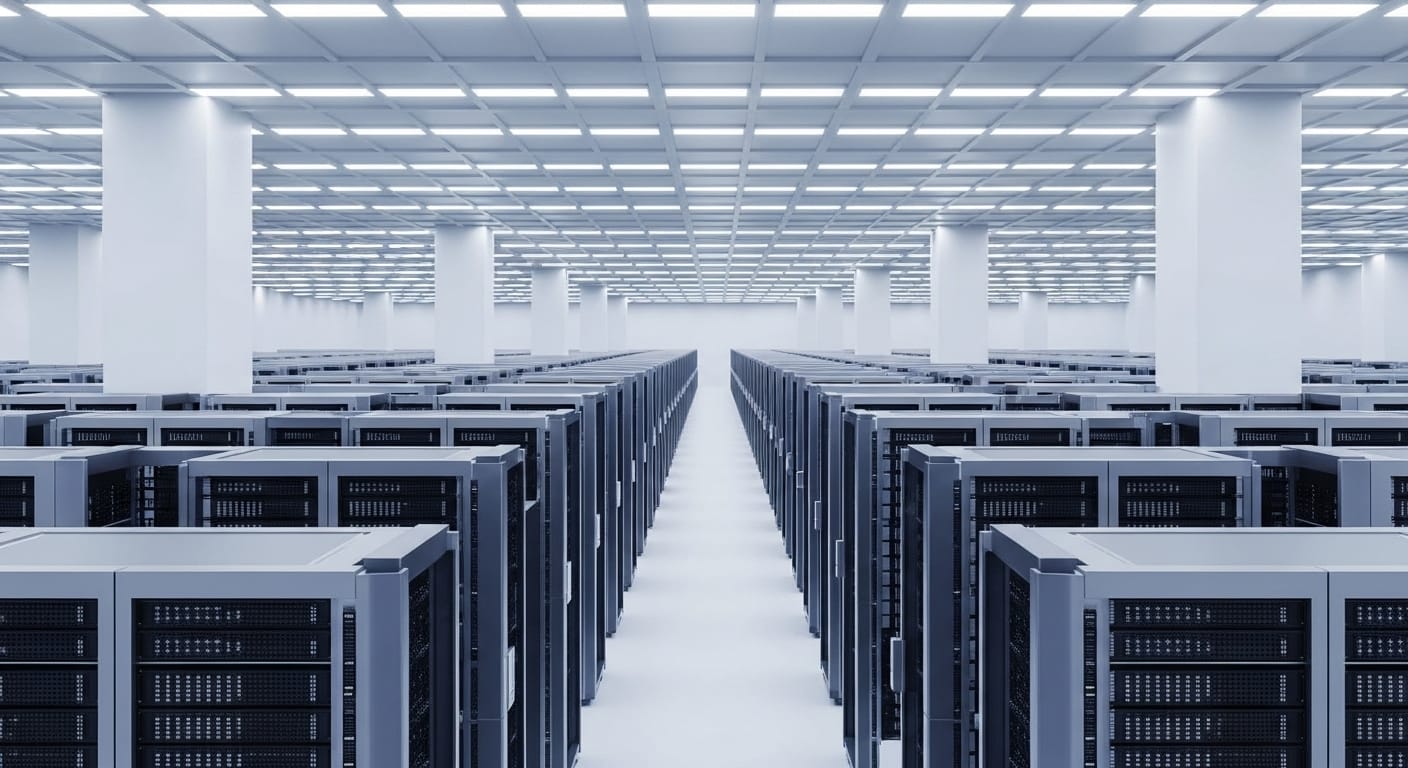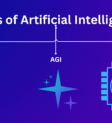OpenAI & Broadcom: Custom AI Chips Reshape AI Future
Key Takeaways
- OpenAI has reportedly partnered with Broadcom in a multi-billion dollar deal to develop custom AI chips, codenamed XPUs.
- This strategic move aims to reduce OpenAI’s heavy reliance on Nvidia’s GPUs, enhance performance for its large language models like GPT, and control escalating operational costs.
- Mass production of these proprietary chips, with TSMC as the fabricator, is anticipated to begin in 2026 for internal use.
- The initiative aligns OpenAI with other tech giants like Google, Amazon, and Microsoft, who are increasingly developing in-house silicon to optimize their AI infrastructure.
- This shift signifies a major trend towards vertical integration in the AI industry, promising greater efficiency, tailored performance, and a more diversified AI hardware ecosystem.
As specialists in AI-powered digital solutions, we at Inov8ing are always watching the horizon for developments that reshape the landscape of artificial intelligence. One of the most significant shifts we’ve seen recently is OpenAI’s reported multi-billion dollar deal to develop its own custom AI chips. This isn’t just a technical upgrade; it’s a strategic move that could fundamentally alter the future of AI infrastructure as we know it.
For years, the AI world has largely depended on a handful of dominant chip manufacturers, primarily Nvidia, to power the intensive computational demands of training and running complex AI models. While these general-purpose GPUs have been instrumental in the rapid advancements we’ve witnessed, the sheer scale and unique requirements of cutting-edge AI are pushing companies like OpenAI towards more specialized solutions.
Why Custom AI Chips? The Strategic Imperative
The decision by OpenAI to invest in proprietary AI hardware is driven by several compelling factors. Firstly, there’s the critical need to reduce reliance on third-party suppliers. As AI models grow in complexity and demand for computing power skyrockets, ensuring a stable and cost-effective supply chain becomes paramount. Developing in-house silicon provides greater control over production, availability, and ultimately, the ability to scale their operations without external bottlenecks.
Secondly, custom chips offer unparalleled performance optimization. Unlike general-purpose GPUs, these application-specific integrated circuits (ASICs), often referred to as XPUs in this context, can be meticulously designed and tailored to the exact workloads of OpenAI’s large language models. This bespoke approach allows for significant improvements in efficiency for both training and inference tasks, leading to faster processing times and more powerful AI capabilities.
We’ve seen similar strategies from other tech giants. Companies like Google with their Tensor Processing Units (TPUs), Amazon with Trainium, and Microsoft with Azure Maia, have all invested heavily in custom silicon to optimize their AI operations. This trend underscores a broader industry shift towards vertical integration, where controlling the hardware stack becomes a key competitive advantage.

The Broadcom Partnership and Production Timeline
Reports indicate that OpenAI has partnered with semiconductor powerhouse Broadcom for this ambitious undertaking. This collaboration is said to involve Broadcom handling the design and manufacturing support for these custom AI accelerators. While neither company has officially confirmed the details, Broadcom’s CEO hinted at a significant $10 billion order from an undisclosed client, widely believed to be OpenAI.
The mass production of these custom chips is reportedly slated for 2026, with Taiwan Semiconductor Manufacturing Company (TSMC) expected to fabricate the silicon using advanced processes. This timeline suggests a carefully planned initiative that will see OpenAI significantly bolster its internal AI infrastructure in the coming years. It’s important to note that these chips are intended for OpenAI’s internal use, powering their own systems for training models like GPT and managing day-to-day operations, rather than being sold to external customers.
Implications for the AI Ecosystem
This move by OpenAI has profound implications for the broader AI ecosystem. It signals an acceleration in the fragmentation of the AI hardware market, intensifying competition beyond the traditional GPU manufacturers. While Nvidia will undoubtedly remain a major player, the rise of custom silicon from hyperscalers like OpenAI, Google, and Amazon will diversify the landscape and drive further innovation.
For businesses and creators utilizing AI, this development promises a future of even more powerful, efficient, and cost-effective AI solutions. As the underlying infrastructure becomes more specialized and optimized, we can expect to see advancements in areas like content creation, automation, and intelligent chatbots become even more robust. We are actively exploring how these infrastructural shifts will enhance our own AI-powered offerings, from building powerful LLM applications to developing custom website solutions.

Looking Ahead: A Game Changer for Digital Solutions
OpenAI’s multi-billion dollar investment in custom AI chips is more than just a headline; it’s a clear indicator of the direction the AI industry is heading. We believe this focus on specialized hardware will unlock new levels of performance and efficiency, paving the way for the next generation of intelligent applications. The ability to tailor hardware to specific AI workloads will ultimately lead to more sophisticated, responsive, and accessible AI for businesses of all sizes.
This vertical integration trend is a game-changer, promising a future where AI systems are not only more powerful but also more sustainable and cost-efficient. As the AI landscape continues to evolve at a rapid pace, staying ahead means embracing these foundational shifts. If you’re looking to leverage these advancements for your business, we at Inov8ing are here to help you navigate the complexities and implement cutting-edge AI-powered digital solutions that drive growth and innovation. Learn more about how these developments impact the future of AI search with insights into Generative Engine Optimization (GEO).
For further reading on the broader implications of custom AI chips, you can refer to this Reuters article on the AI chip race and this IBM perspective on custom chips driving AI’s future.



